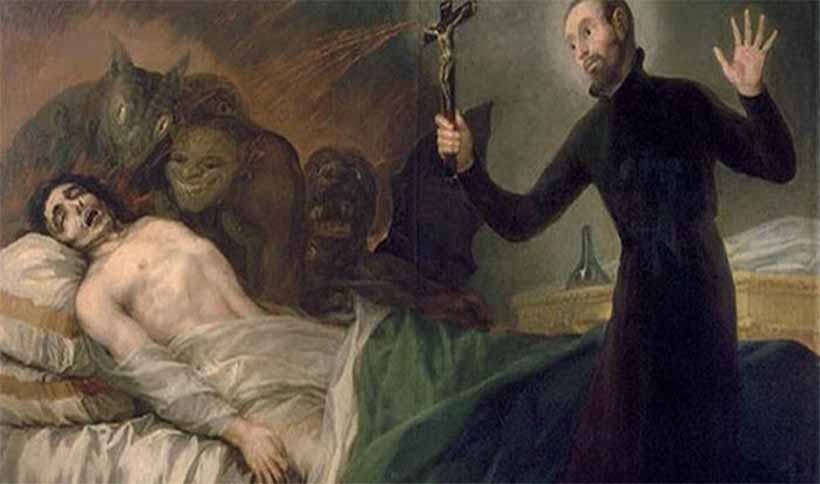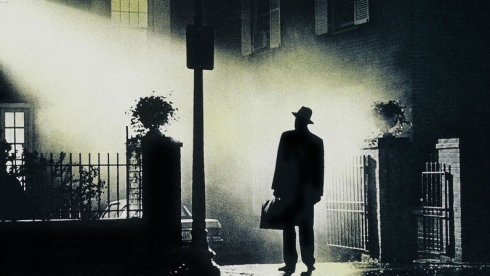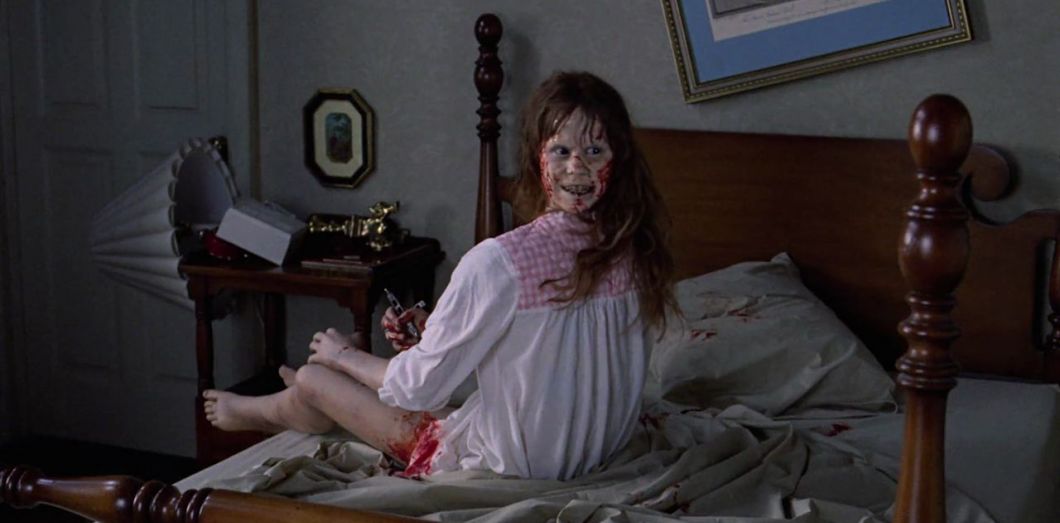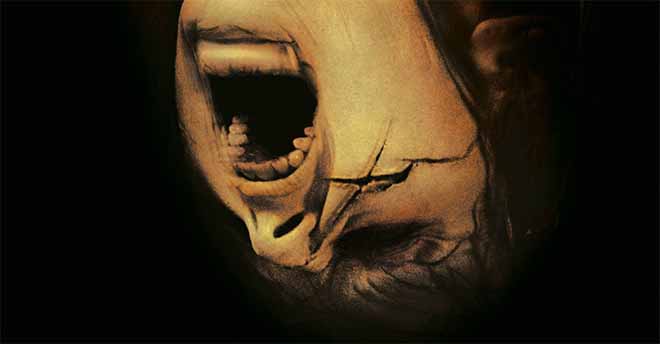Demonic Possession - Symptoms And Demon Exorcism Rituals
Invaded by an Evil Spirit ?

Demon exorcism is a universal practice based off rituals (magical or religious) and usually performed by a shaman magician or a priest. The shaman priest conjures the demon or evil entity and exhort it to free the body of the possessed or sometimes, a place or even an object. Demonic possession and especially exorcism are only very rarely mentioned in the Old Testament but frequently practiced by Jesus Christ. The first real cases of demonic possession in the strict sense of the term dates back to the time of Mesopotamia nearly 4,000 years ago.
Dance with the devil

The concept of demonic possession, which refers to the invasion of the body of an individual or animal by a demon, is even older than that of Christian religion and is present on every continent of the world. This phenomenon is attested by a large number of civilizations and ways to combat it are eloquently described. An exorcist, usually a shaman magician or a priest but according to civilization may also be a tribal leader and even a hero, must engage in an aggressive negotiation with the evil spirit in order to implore it to leave its victim. Prayers are often not enough to exorcise and a real conversation must take place in order to convince the devil to disappear and relieve the possession. Another strategy regularly used by shaman exorcists is a dance in a state of trance. Demonic possession cases are sometimes due to spells casted by a dark wizard and in this case parallels with magic are much stronger.
Demonic possession symptoms

The most common and classic symptoms of demonic possession are glossolalia (speaking an absolutely incomprehensible language), vociferating and screaming during extreme hysteria crisis and speaking with several different voices successively. The possessed can also present significant morphological changes and develop a Herculean strength. Episodes of telekinesis and emanation of inexplicable noises are also reported in some cases of demonic possession.
Demon exorcism

The success of a demon exorcism depends greatly on the ability of the one who practices it but also on the strength of the devil. All evil spirits are not equal and there is a hierarchy even within devils; some demons are harder to conjure than others. In addition, there are very few grimoires that contain exorcism rituals allowing to heal a demonic possession. The energy of the possessed individual is also a determining factor in an exorcism. The stronger the demon the longer the ritual, which sometimes leads to the death of the possessed by exhaustion or from injuries.
Exorcism rituals are commonly carried out in several stages, the first of which is the conjuration of the devil. Then, the idea is to threaten the evil entity in order to encourage it to behave very imprudently. In a religious context, the next step is to force the demon to reveal its name before taking over and exhorting it to free the body from possession. At this point, incantations are also recited in order to banish the evil spirit and forbid it to ever come back. In a non-religious context, demon exorcism is a purely magical ritual supposed to deliver from possession.
Illness in demonic possession

Scientifically speaking, demonic possession is not recognized in the medical field and many causes have been advanced with modern knowledge in psychology to explain the phenomenon. At the dawn of the twenty-first century, some cases of demonic possession relating to medieval times have been associated with known clinical disorders such as epilepsy, Tourette's syndrome, schizophrenia and personality disorders.
The church and demon exorcism
There are two types of demon exorcism admitted by the Catholic churches: the minor exorcism (baptism) and the great exorcism, in the last case an official authorization from a bishop and a medical examination are previously necessary. Already in effect in medieval times, this procedure protected sick people against abusive demon exorcisms. Medicine had to fail and all other hypotheses be considered before one could conclude to a case of demonic possession. Although modern churches recognize mental illnesses, demonic possession is still nowadays accepted as a possible alternative and exorcism courses are offered by the Vatican. The effectiveness of demon exorcism remains highly debated just as the existence of demonic possession cases ...









































































































































































































































































































































